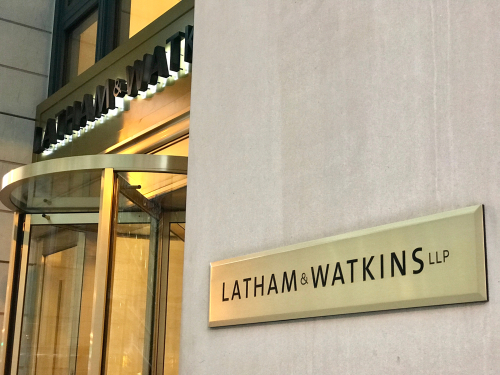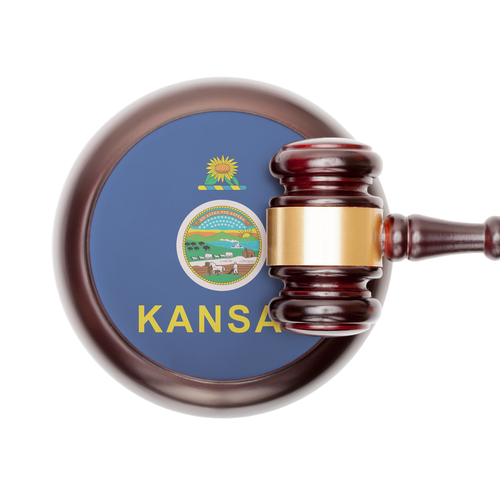BigLaw firm sanctioned for 'flagrant violations of a protective order'

Latham & Watkins and its client must pay an attorney-fee sanction for “flagrant violations of a protective order,” according to a federal judge in California. (Photo from Shutterstock)
Latham & Watkins and its client must pay an attorney-fee sanction for “flagrant violations of a protective order,” according to a federal judge in California.
U.S. District Judge Dolly M. Gee of the Central District of California ordered Latham and its then-client, former Banc of California CEO Steven A. Sugarman, to pay attorney fees incurred by investment company Muddy Waters Capital in a motion for sanctions, report Reuters and Law 360.
In a Sept. 30 order unsealed last Tuesday, Gee said Latham wrongly gave Sugarman an expert-witness report that relied on documents produced by Muddy Waters Capital that had been designated for “attorneys’ eyes only.” Sugarman then wrongly shared the report with others in a bid to implicate Muddy Waters Capital in a bid to devalue Banc of California stock, Gee concluded. Latham had designated the report as “confidential,” rather than for “attorneys’ eyes only.”
The underlying litigation was a securities class action lawsuit by investors who alleged a failure to disclose harmful information that led to a decrease in stock price. The information, revealed in an anonymous blog post, consisted of allegations that Banc of California had ties to a fraudster.
Sugarman subpoenaed Muddy Waters Capital based on his belief that it may have been among market participants who were aware of the blog post in advance because they had short positions that would benefit from a decrease in stock price. Muddy Waters Capital produced documents about its Banc of California transactions in response to an order saying the material would be for attorneys’ eyes only.
The report that relied on the attorneys-eyes-only information was prepared by a professor who was asked to provide an opinion on why the bank’s stock price decreased. He concluded that traders engaged in a “short-and-distort” trading scheme.
Sugarman said he didn’t think that the expert report contained information for attorneys’ eyes only, and it was his confidential document. He said he didn’t recall authorizing an employee to disseminate it. Gee nonetheless found Sugarman in civil contempt, saying his conduct “was not based on a good faith and reasonable interpretation of the protective order.”
Latham claimed that the expert report did not include information derived from attorneys-eyes-only material, but that argument “is obviously wrong,” Gee said. The law firm alternatively argued that civil contempt wasn’t warranted for “a technical error during a yearslong, incredibly complex litigation requiring near-daily application of the protective order.”
“This argument,” Gee said, “undermines the critical importance of complying with protective orders in civil litigation—and minimizes the degree of care that must be exercised in ensuring compliance.”
Gee acknowledged, however, that “there is insufficient evidence to suggest that Latham acted in bad faith as opposed to in serious error.”
A Latham spokesperson declined to comment to the ABA Journal. A lawyer for Sugarman, Mona Hanna of Michelman & Robinson, did not immediately respond to the Journal’s emailed request for comment.



